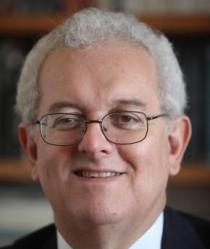

4:00 pm EDT - 5:30 pm EDT
Past Event
4:00 pm - 5:30 pm EDT
1775 Massachusetts Avenue N.W.
Washington, DC
20036
Major financial crises in recent decades revealed that instruments to support crisis-struck countries and to overcome their indebtedness were woefully inadequate. José Antonio Ocampo, professor at Columbia University and co-director of the Central Bank of Colombia, delves into the necessary reforms that the global monetary system should undergo to play an active role in the twenty-first century in his new book, “Resetting the International Monetary (Non)System.” His basic diagnosis is that what we have today is an ad hoc framework rather than a coherent system—a “non-system”—which evolved after the breakdown of the original Bretton Woods arrangement in the early 1970s.
On April 17, the Global Economy and Development program at the Brookings Institution hosted a panel where Ocampo and other experts shared their insights regarding the global monetary system and the necessary reforms required to safeguard international liquidity and strengthen macroeconomic as well as international monetary cooperation.
Following the conversation, panelists took audience questions.

Moderator
Panelist


Robin Brooks
February 26, 2026

Landry Signé, Christopher Kirigua, Florizelle Liser
February 25, 2026

Scott R. Anderson, Sarah A. Binder, Tonantzin Carmona, Kyle Chan, Vanda Felbab-Brown, William G. Gale, William A. Galston, Daniel S. Hamilton, Ben Harris, Kari Heerman, Aaron Klein, Robert E. Litan, Michael E. O’Hanlon, Elena Patel, Sanjay Patnaik, Mira Rapp-Hooper, Jessica Riedl, Peter M. Shane, Mireya Solís +14 more
February 24, 2026